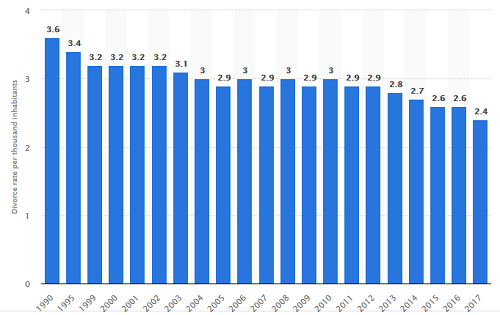
Child Custody and Support: These cases involve court-ordered deferment of physical custody of a child to one parent or both parents (i.e., joint custody) and compelling a non-custodial parent to contribute to the developmental needs of a child. On the other hand, annulment deals with the outright invalidation of a marriage. Divorce and Annulment: Divorce pertains to the legal dissolution of a legal union and all related matters, including alimony, spousal support, etc. If any of the parties involved files an appeal, the court will also maintain relevant documents.Ĭommon family court cases in Wisconsin involve: These documents include motions, court transcripts, affidavits, notices, judge’s notes, attorney briefs, as well as final judgment. Upon filing a case, the court will maintain records of all activities that occurred during the litigation. These cases are typically non-criminal and begin when one or more members of a family seek judicial intervention to enforce their legal rights or obligations from a family member. Generally, family court cases involve disputes or issues involving spouse, parents, and children. Subchapter IX: Paternity What Are Family Court Cases and Records in Wisconsin? Subchapter V: Child Custody, Placement, and Visitation Subchapter IV: Annulment, Divorce, and Legal Separation The chapter is further split into subchapters that govern different consequences: In Wisconsin, these fall under Chapter 767 of the Wisconsin Statutes. Family law also covers the state’s constitution on enforcing judges’ rulings on the matters mentioned above. What Is Family Law In Wisconsin?įamily law in Wisconsin is a set of rules that govern how the court handles legal matters such as those related to juvenile issues, child abuse, custody, visitation, child support, divorce, marriage, paternity, etc. In many cases, these records are not available through either government or third-party, public record websites. These records’ nature results in both being considerably more difficult to find and obtain when compared to other types of public records. The court recommends that those parties maintain these records with care to make changes in the future. Both types of records have information that is considered very personal to the parties involved. The records contained in documents related to family court include both marriage and divorce records. Except for when a court order prohibits it, these records are public information, and interested individuals may obtain them from the record’s custodian. Each of the 72 Circuit Courts in the state has a family court division, and officials of these courts maintain and disseminate records created or introduced when the court presides over family cases. The Wisconsin Family Court handles legal matters relating to family and domestic life. Nothing on this website is intended to advise anyone as to legal remedies for a particular circumstance.Where to Find Family Court Records In Wisconsin Please be advised, however, that our staff is prohibited by state law from rendering legal advice, restating the law or recommending specific ways to pursue legal action. We will be happy to assist you with any questions or concerns you may have about the services of this office or the procedures you must follow for a particular circuit court process. The Clerk of Circuit Court does NOT accept e-mailed documents for filing.ĭISCLAIMER: The Clerk of Circuit Court and the deputy clerks in this office are committed to providing you with excellent customer service. 


***If funds are returned, a $50 NSF charge will be applied*** Have Court costs, fines, or other fees to pay? Click here. It is wise to bring any documents regarding your court case with you whenever conducting business at the courthouse. Your case number will appear on any notices from the Court.
#Wisconsin divorce records free#
If you do not have a case number there will be a $5.00 record search fee. A free public access computer to look up case numbers is available in our office. Have your case number or citation number ready. The Clerk of Court is also responsible for Jury Management. The Clerk of Circuit Court’s Office is required to maintain a record of all documents filed with the Court, keep a record of all court proceedings and collect the various fees, fines and forfeitures ordered by the Court or specified by statute.







 0 kommentar(er)
0 kommentar(er)
